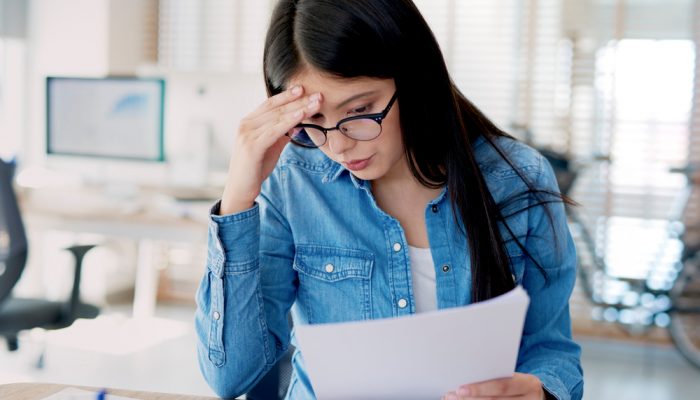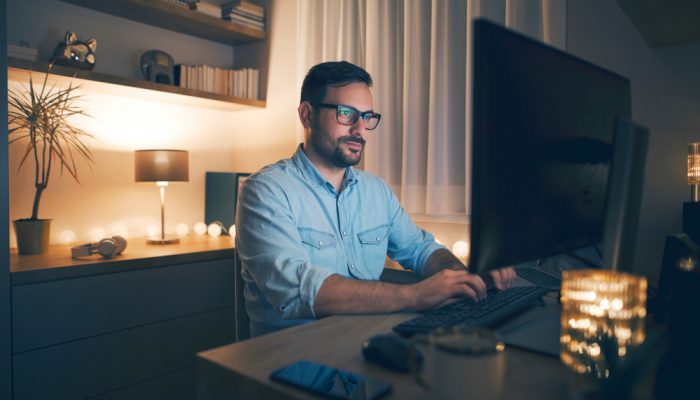Levels reach record highs in organisations as stress at work rises
Unlike absenteeism, presenteeism isn’t always apparent. You know when someone doesn’t show up for work, but you often can’t tell when or how much illness or a medical condition hinders someone’s performance. Continue reading “Presenteeism during lockdown”





